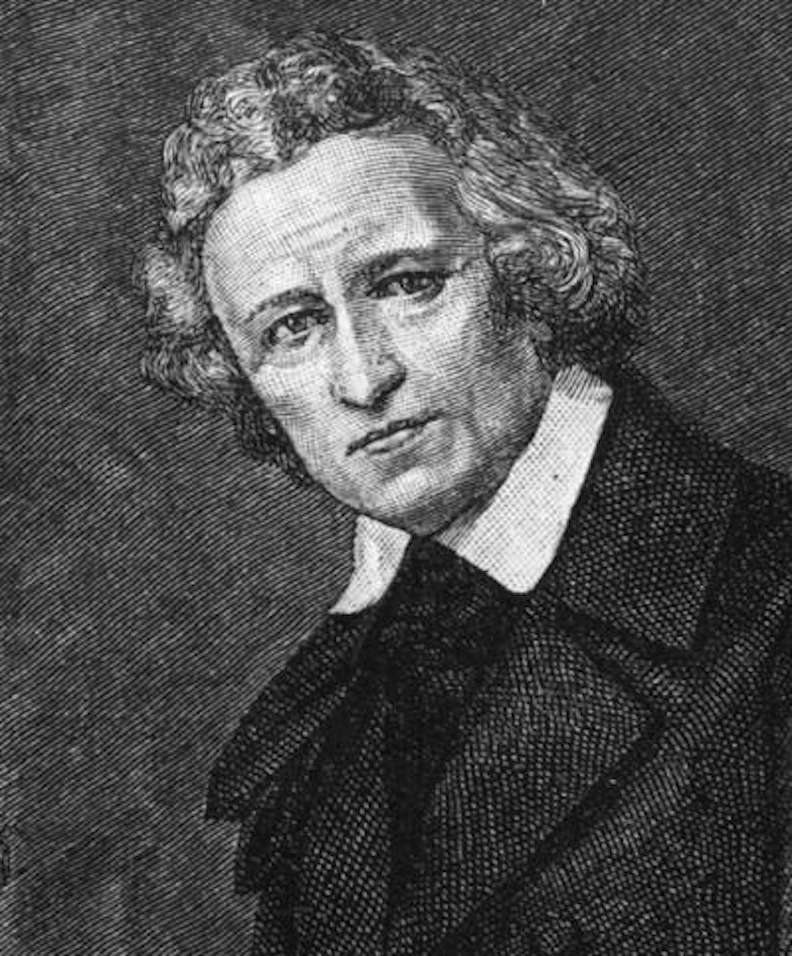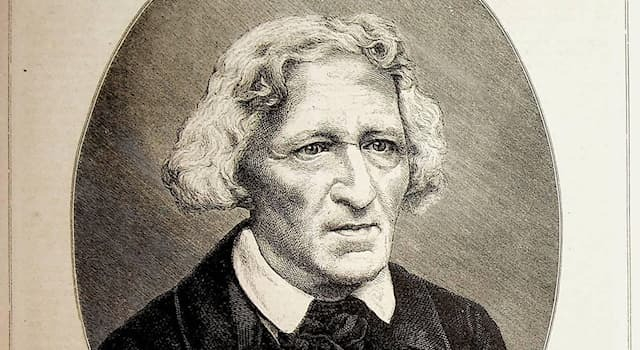He did more than collect the fairy tales
One of the interesting facts about Jacob Grimm is that he was not always dependent on his brother and he did more than only collect fairy tales. Grimm worked extensively with historical literature, including tales passed down through the generations, old civilization's laws, and evolving human ideas.
Additionally, he had a keen interest in German philology, which is the study of language structure and how it developed. Jacob Grimm's influence in that field led to the naming of a linguistics statute in his honor. In the book Grimm's Geschichte der deutschen Sprache (History of the German Language), he studied history hidden in the words of the German language. In terms of German grammar, Grimm's famous Deutsche Grammatik (German Grammar) was the result of Jacob Grimm's purely philological work. He drew on the work of earlier generations, starting with the humanists, and consulted a vast library of generally unreliable and uncritical text editions, dictionaries, and grammar.
Über den altdeutschen Meistergesang (1811), which is of a purely literary character, was the first work of Jacob Grimm published. Grimm's contributions as a jurist helped shape the history of law, particularly in Northern Europe. His 1816 essay Poetry in Law (Von der Poesie im Recht) presented a comprehensive Romantic philosophy of law.










